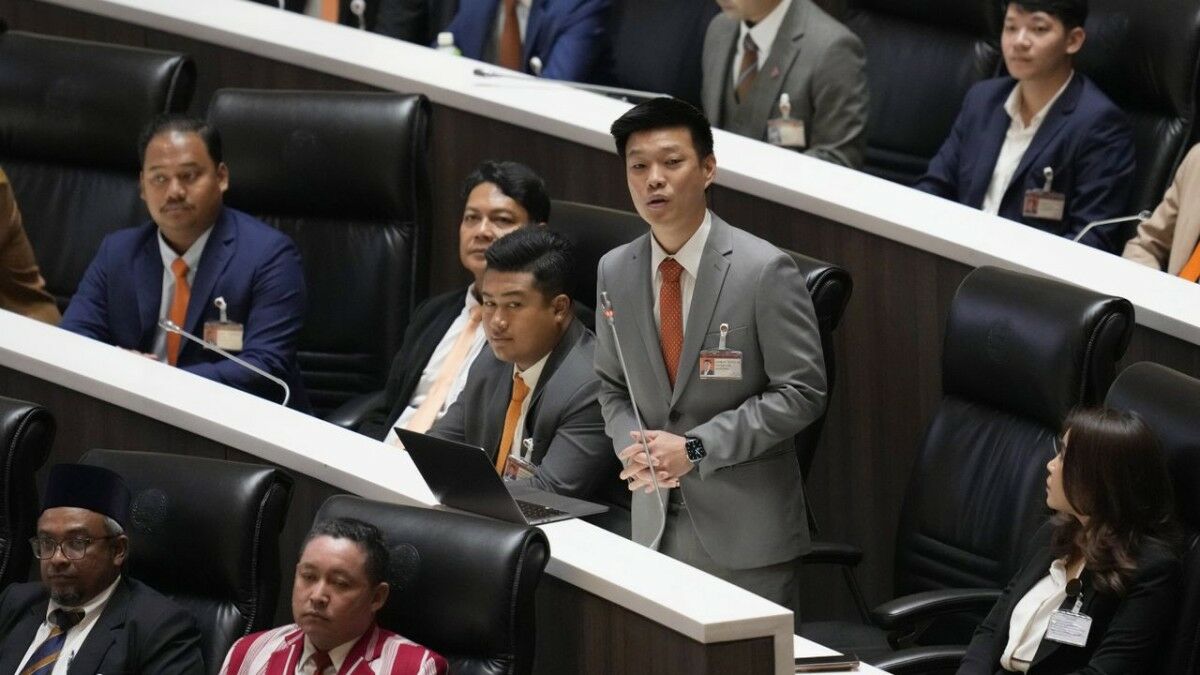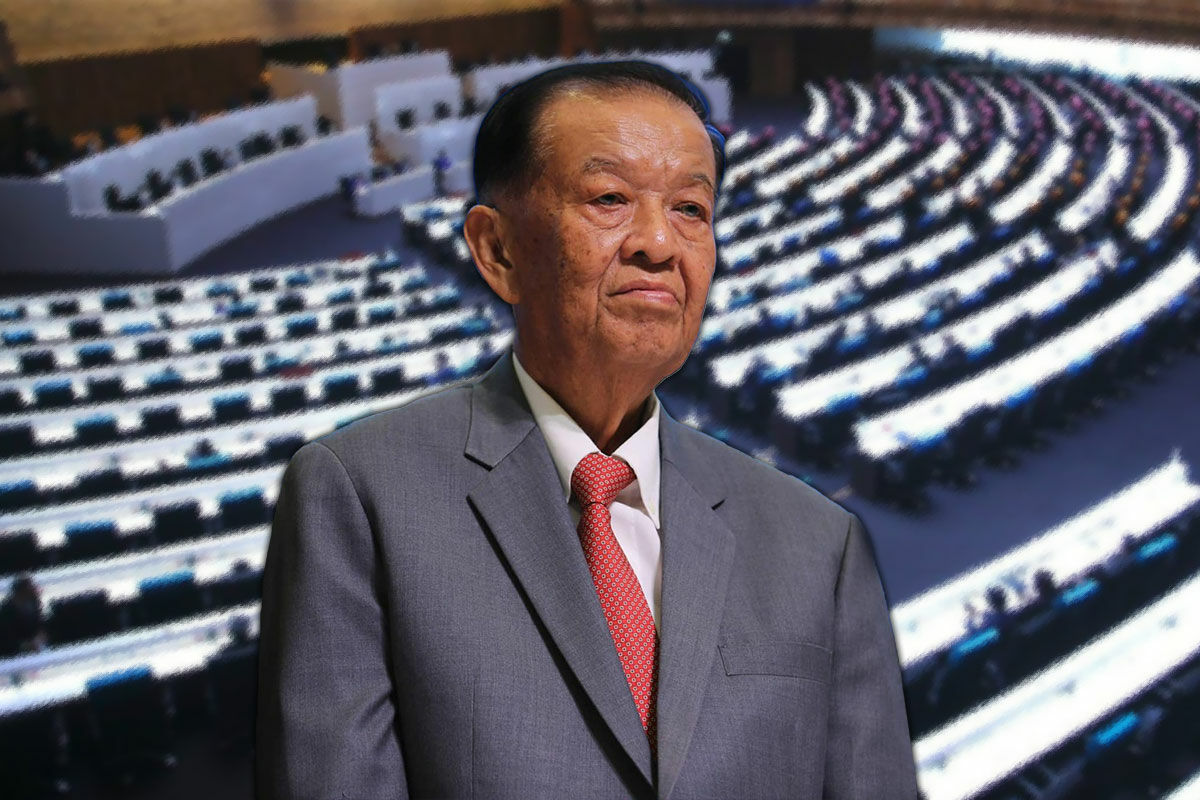Constitutional amendment: PP proposes Senate removal in process

The People’s Party (PP) yesterday submitted a proposal aiming to remove the Senate from the constitutional amendment process, according to the House of Representatives’ secretariat. This is one of the 17 proposals put forth by the PP, targeting specific sections of the constitution for amendment.
A central focus of these proposals is Section 256, which requires that any charter amendment bill gain the support of at least one-third of the 200-member Senate, equating to 67 senators. The PP argues that garnering the backing of two-thirds of the Members of Parliament (MPs) should suffice, eliminating the Senate’s involvement in this process.
The current senators differ from their predecessors in that they do not have the authority to co-elect a prime minister. However, they still wield significant power, including passing legislation, amending laws and the constitution, endorsing appointments to independent bodies, and overseeing the executive branch.
House Speaker Wan Muhammad Noor Matha has expressed his intention to convene with the chief whips of the government, opposition, and Senate to deliberate on the charter change proposals. This discussion is set to occur before the commencement of the new parliamentary session on December 19.

The PP has also put forward an amendment to Section 106, which would permit the opposition leader to simultaneously hold the position of House Speaker or Deputy House Speaker. Furthermore, an amendment to Section 50 is proposed, which currently mandates military service for male Thai citizens. The PP suggests that conscription should only be enforced during wartime.
Before its reformation as the People’s Party, the Move Forward Party had championed three significant charter amendment proposals. One sought to repeal Section 279 of the charter, which legitimises all announcements and orders issued by the now-defunct National Council for Peace and Order (NCPO) and its leader.
Another proposal was designed to prevent future coups by empowering state officials to ignore orders from individuals attempting to seize control and barring courts from recognising a coup as a legitimate means to establish government authority. The third proposal aimed to abolish the 20-year national strategy, reported Bangkok Post.
Frequently Asked Questions
Here are some common questions asked about this news.
Why does the People’s Party want to reduce the Senate’s influence in constitutional amendments?
They believe two-thirds of MPs’ support should suffice, promoting a more democratised amendment process.
How might removing the Senate from the amendment process impact Thailand’s legislative dynamics?
It could lead to faster reforms and shift power dynamics towards elected MPs, potentially altering political balances.
What if the proposal to limit military conscription to wartime is accepted?
It could transform national service norms, impacting military preparedness and societal perceptions of civic duty.
How does empowering officials to ignore coup orders challenge traditional power structures?
It undermines coup legitimacy, potentially deterring attempts and strengthening democratic institutions.
What are the implications of allowing an opposition leader to hold the House speaker role?
It could foster bipartisan dialogue and balance in legislative proceedings, yet raise concerns about conflicting interests.
Latest Thailand News
Follow The Thaiger on Google News:


























